
A Scientific Breakthrough That Will Help Increase Plant Yields in Dry Conditions
Using CRISPR technology, researchers succeed in growing tomatoes that consume less water without compromising yield.
A new discovery by Tel Aviv University has succeeded in cultivating and characterizing tomato varieties with higher water use efficiency without compromising yield. The researchers, employing CRISPR genetic editing technology, were able to grow tomatoes that consume less water while preserving yield, quality, and taste.
The research was conducted in the laboratories of Prof. Shaul Yalovsky and Dr. Nir Sade, and was led by a team of researchers from the School of Plant Sciences and Food Security at Tel Aviv University’s Wise Faculty of Life Sciences. The team included Dr. Mallikarjuna Rao Puli, a former postdoctoral fellow supervised by Prof. Yalovsky, and Purity Muchoki, a doctoral student jointly supervised by Prof. Yalovsky and Dr. Sade. Additional students and postdoctoral fellows from TAU’s School of Plant Sciences and Food Security, along with researchers from Ben Gurion University and the University of Oregon, also contributed to the research. The study’s findings were published in the academic journal PNAS.
The researchers explain that in light of global warming and the diminishing of freshwater resources, there is a growing demand for agricultural crops that consume less water without compromising yield. Naturally, at the same time, because agricultural crops rely on water to grow and develop, it is particularly challenging to identify suitable plant varieties.
In a process called transpiration, plants evaporate water from their leaves. Concurrently, carbon dioxide enters into the leaves, and is assimilated into sugar by photosynthesis, which also takes place in the leaves. These two processes — transpiration and carbon dioxide uptake — occur simultaneously through special openings in the surface of leaves called stomata. The stomata can open and close, serving as a mechanism through which plants regulate their water status.
The researchers highlight that under drought conditions, plants respond by closing their stomata, thereby reducing water loss by transpiration. The problem is that due to the inextricable coupling between the transpiration of the water and the uptake of carbon dioxide, the closing of the stomata leads to a reduction in the uptake of carbon dioxide by the plant. This decrease in carbon dioxide uptake leads to a decline in the production of sugar by photosynthesis. Since plants rely on the sugar generated in photosynthesis as a vital energy source, a reduction in this process adversely affects plant growth.
In crop plants, the decline in photosynthetic sugar production manifests as a decline in both the quantity and quality of the harvest. In tomatoes, for example, the damage to the crop is reflected in a decrease in the number of fruits, their weight, and the amount of sugar in each fruit. Fruits with lower sugar content are less tasty and less nutritious.
In the present study, the researchers induced a modification in the tomato through genetic editing using the CRISPR method, targeting a gene known as ROP9. The ROP proteins function as switches, toggling between an active or inactive state.
Prof. Yalovsky: “We discovered that eliminating ROP9 by the CRISPR technology cause a partial closure of the stomata. This effect is particularly pronounced during midday, when the rate of water loss from the plants in the transpiration process is at its highest. Conversely, in the morning and afternoon, when the transpiration rate is lower, there was no significant difference in the rate of water loss between the control plants and ROP9-modified plants. Because the stomata remained open in the morning and afternoon, the plants were able to uptake enough carbon dioxide, preventing any decline in sugar production by photosynthesis even during the afternoon hours, when the stomata were more closed in the ROP9-modified plants.”
To assess the impact of the impaired ROP9 on the crop, the researchers conducted an extensive field experiment involving hundreds of plants. The results revealed that although the ROP9-modified plants lose less water during the transpiration process, there is no adverse effect on photosynthesis, crop quantity, or quality (the amount of sugar in the fruits). Furthermore, the study identified a new and unexpected mechanism for regulating the opening and closing of the stomata, related to the level of oxidizing substances, known as reactive oxygen species, in the stomata. This discovery holds significant implications for basic scientific knowledge as well.
Dr. Sade: “There is great similarity between the ROP9 in tomatoes and ROP proteins found in other crop plants such as pepper, eggplant and wheat. Therefore, the discoveries detailed in our article could form the basis for the development of additional crop plants with enhanced water use efficiency, and for a deeper understanding of the mechanisms behind stomatal opening and closing.”
Related posts
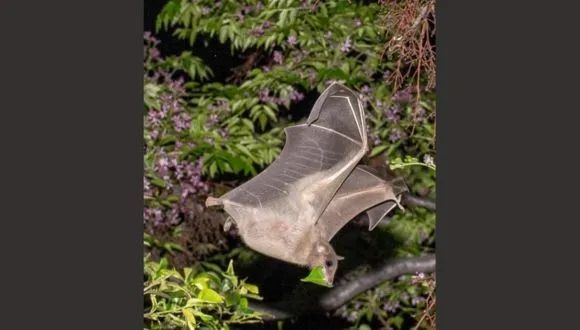




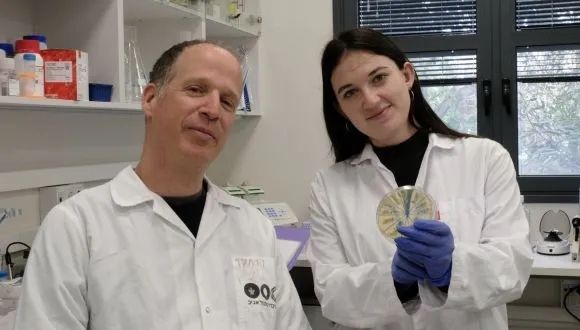
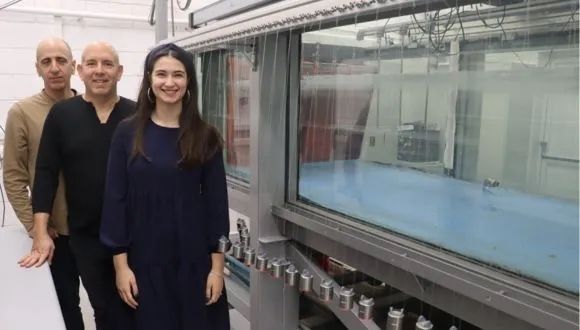



Head of Science at the Chan Zuckerberg Initiative Meets TAU’s Scientific Community
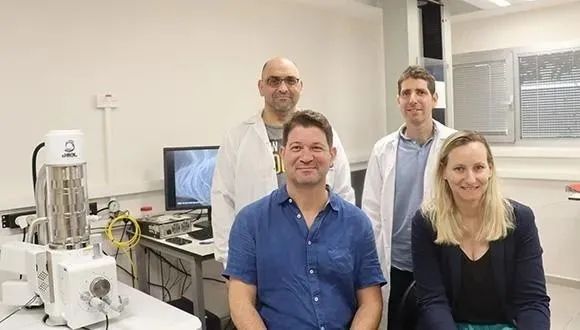
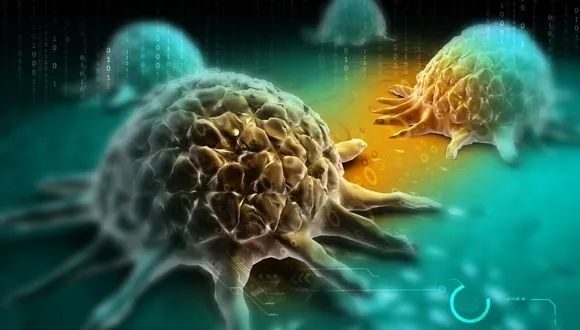



Operation Guardian of the Walls: Women, Young People and Residents of the South Paid the Heaviest Price

